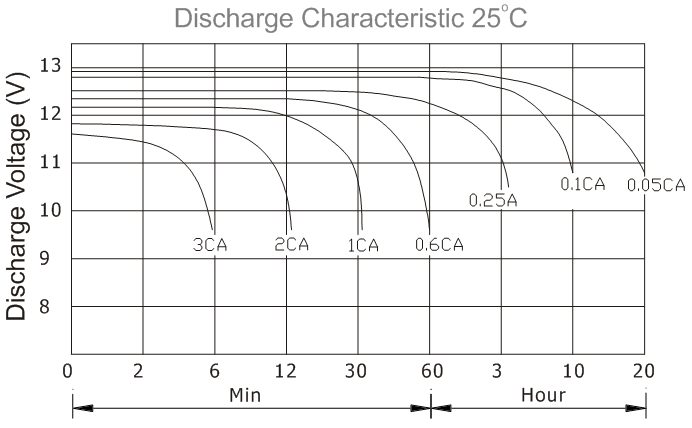Why use lithium batteries instead of lead-acid batteries in golf carts and forklifts?
 (1).jpg)
Lead-Acid vs. Lithium: Energy Density
Energy density is a measure of how much energy can be stored in a given space. Currently, lithium-ion batteries have an energy density generally ranging from 200 to 260Wh/kg, while lead-acid batteries typically range from 50 to 70Wh/kg.
This means that for the same capacity, lead-acid batteries are 3 to 5 times heavier than lithium-ion batteries.
Golf carts usually require long operating times, and the high energy density of lithium batteries can provide longer range, increasing usage time and coverage.
Forklifts require long-term operation to complete tasks, and the high energy density of lithium batteries can provide longer working hours, improving productivity and operational capacity.
 (2).jpg)
The cycle count of BATTSYS lithium iron phosphate batteries is usually over 3500+cycles, while lead-acid batteries usually only have about 300-400 cycles. Therefore, the service life of lithium-ion batteries is about 10 times that of lead-acid batteries.
Lead-Acid vs. Lithium: Charging/Discharging Rate
In addition to the battery capacity you use, the speed at which you use the battery is also important.
If your system has a high current load, or uses high current rapid charging (such as an AC generator or shore power), you need to consider the charging/discharging rate of the battery pack.

Lead-acid batteries typically perform best between C/8 and C/12 rates. Therefore, our 100Ah battery needs to be charged or discharged between 8A and 12A.
 (2).jpg)
Fast Charging/Discharging: Golf courses usually have short operating times and require fast charging to reduce downtime. Lithium batteries have faster charging speeds to meet this need.
Lead-Acid vs. Lithium: Memory Effect
Memory effect refers to the phenomenon that the battery's capacity decreases after several similar cycles of charge and discharge without full discharge.
Lithium-ion batteries have no memory effect; they can be charged and discharged at any time, and have low self-discharge.
Lead-Acid vs. Lithium: Size and Weight
It's time to use lithium batteries for golf carts and forklift applications
Whether you are looking for a new battery pack for golf carts and forklifts or considering replacing aging lead-acid batteries, deep-cycle lithium-ion batteries (especially LiFePO4 batteries) are excellent solutions.
Compared with lead-acid batteries, lithium iron phosphate batteries have greater power, higher current, longer life, smaller footprint, lighter weight, and safe, maintenance-free operation. Are you ready to take action and use lithium?
Please visit our website to view more lithium battery options, or contact us to help you choose the right lithium battery for your specific needs.
E-Mail: inquiry@fentbattery.com
Tel: 0086 20 3901-1403
Address: No.3, Dongli Road, Xili, Dongyong Town, Nansha District, Guangzhou City, China
Copyright@ China lithium ion battery manufacturers & suppliers & producers | Lithium Battery Factory & Company-BATTSYS Sitemap